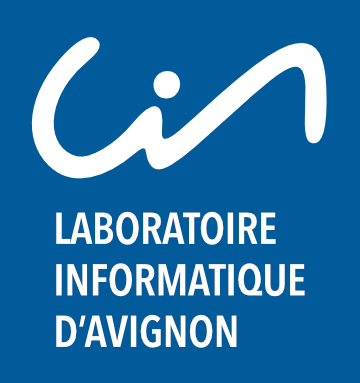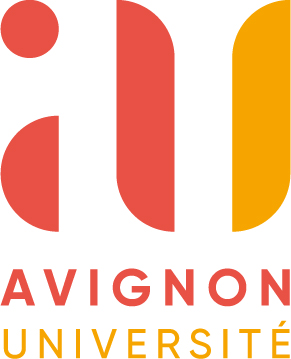Yannick Estève | Directeur du laboratoire
Michèle Manen | Secrétaire du laboratoire
Références861 |
Documents1 039 |
Le LIA est composé d’environ 75 personnes, dont 65 enseignants chercheurs (29 permanents et une trentaine de doctorants) qui travaillent sur trois grandes thématiques de recherche : le Traitement Automatique du Langage Naturel (qu’il soit écrit ou oral), la Recherche Opérationnelle et les Réseaux. Le LIA fait partie du Laboratoire d’excellence (Labex) Brain and Language Research Institute (BLRI) et participe à la fédération de recherche Agorantic. Le LIA est le laboratoire de recherche du Centre d’Enseignement et de Rercherche en Informatique (CERI), associé à l’École Doctorale Agrosciences et Sciences (ED 536) de l’Université d’Avignon et des Pays de Vaucluse. Fondé en 1987 par Henri Méloni, ancien président de l’UAPV, le laboratoire est actuellement dirigé par Yannick Estève


